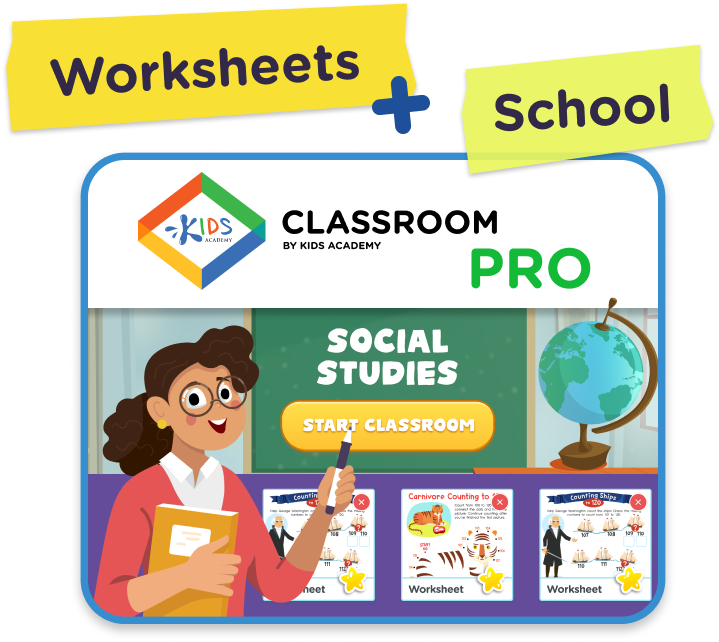Environmental awareness Math Worksheets for 4-Year-Olds
3 filtered results
-
From - To
Introduce your young learners to the wonders of nature and the magic of numbers with our Environmental Awareness Math Worksheets for 4-Year-Olds. These thoughtfully designed worksheets blend fundamental math skills with environmental education, fostering both cognitive development and a love for the planet. Activities such as counting wildlife, matching flowers, and sorting recyclables make learning math fun and meaningful. Perfect for home or classroom use, these printable worksheets engage preschoolers in hands-on learning, cultivating their curiosity and instilling early eco-friendly habits. Start your child’s educational journey today with our eco-conscious math printables!


Recycle for 15 Worksheet


Recycle Sort Worksheet


Recycle It: +2 Worksheet
Parents and teachers should prioritize environmental awareness in math education for 4-year-olds because it cultivates a sense of responsibility and interconnectedness with the world. Introducing these concepts early helps children develop a foundational respect for nature and understand their role in protecting it. Integrating environmental themes into basic math lessons encourages critical thinking and problem-solving skills in real-world contexts, making learning more relatable and engaging.
For example, counting activities can involve sorting recycled materials, which teaches both number skills and the importance of recycling. Simple addition and subtraction can be linked to natural cycles, like the number of leaves falling from a tree, fostering an appreciation for seasonal changes and biodiversity.
Additionally, teaching environmental awareness through math can instill sustainable habits early on. Lessons about conserving water or estimating distances walked can be turned into playful and educational experiences that highlight eco-friendly practices. This early exposure can set the stage for lifelong environmental stewardship.
Ultimately, intertwining environmental awareness with math not only enhances cognitive development but also nurtures empathy and a proactive mindset towards ecological issues, empowering young children to grow into conscientious, informed members of society.
 Assign to My Students
Assign to My Students
















